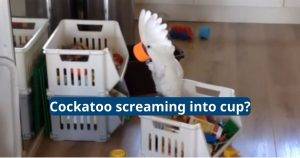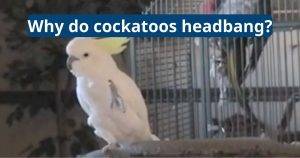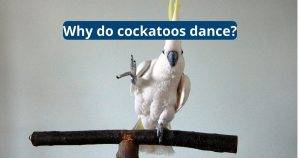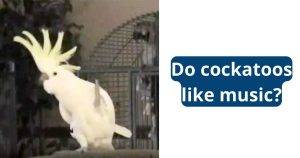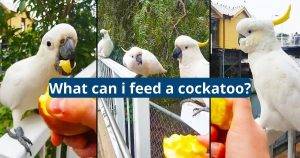Cockatiel Sick Signs
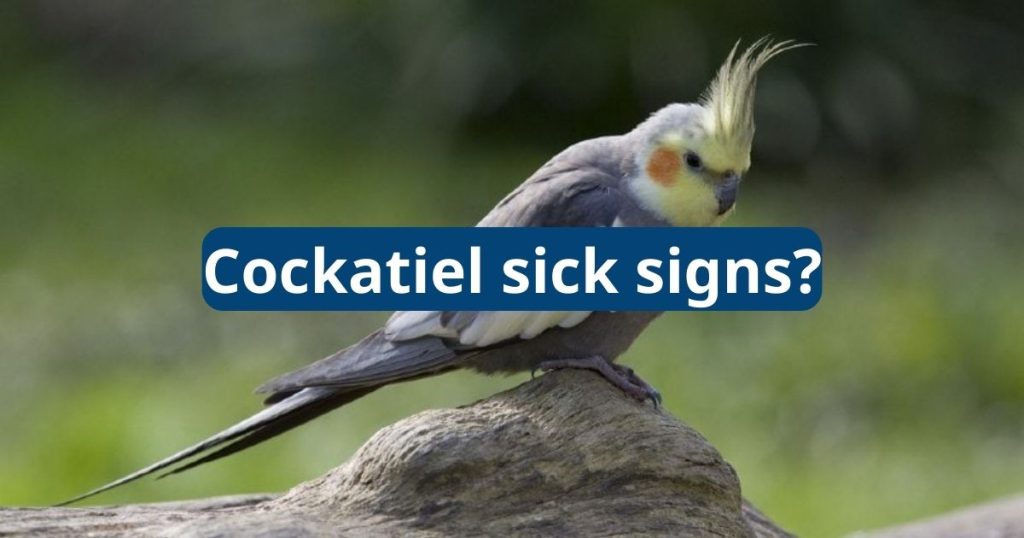
Cockatiels are good at hiding their illnesses, so it is important to pay attention to what they are doing and understand normal behavior. This will help you catch illness early and get your bird to an avian vet for treatment. Watch out for wet feathers around the face; this could indicate nasal discharge or even vomiting. Also, cockatiels can regurgitate food which can look like they are throwing up but may actually be just courtship-related regurgitation.
Loss of appetite
Cockatiels that are ill will start to lose weight. This is usually easy to tell for experienced owners, but new cockatiel owners may find it difficult. Other signs of loss of appetite include wet nose feathers, droppings that look different (color or consistency) or a decrease in the amount of food being eaten.
If a cockatiel is losing weight or not eating, it is a good idea to bring them in for an avian vet checkup as soon as possible. You should also pay close attention to their behavior, particularly any changes in vocalization and fluffing up for longer periods than normal.
Some cockatiels are chronic egg layers which can lead to low calcium, egg binding, and other problems. If you have a chronic egg layer, it is a good idea to buy plastic eggs and let the bird sit on them. It will save her from a lot of stress.
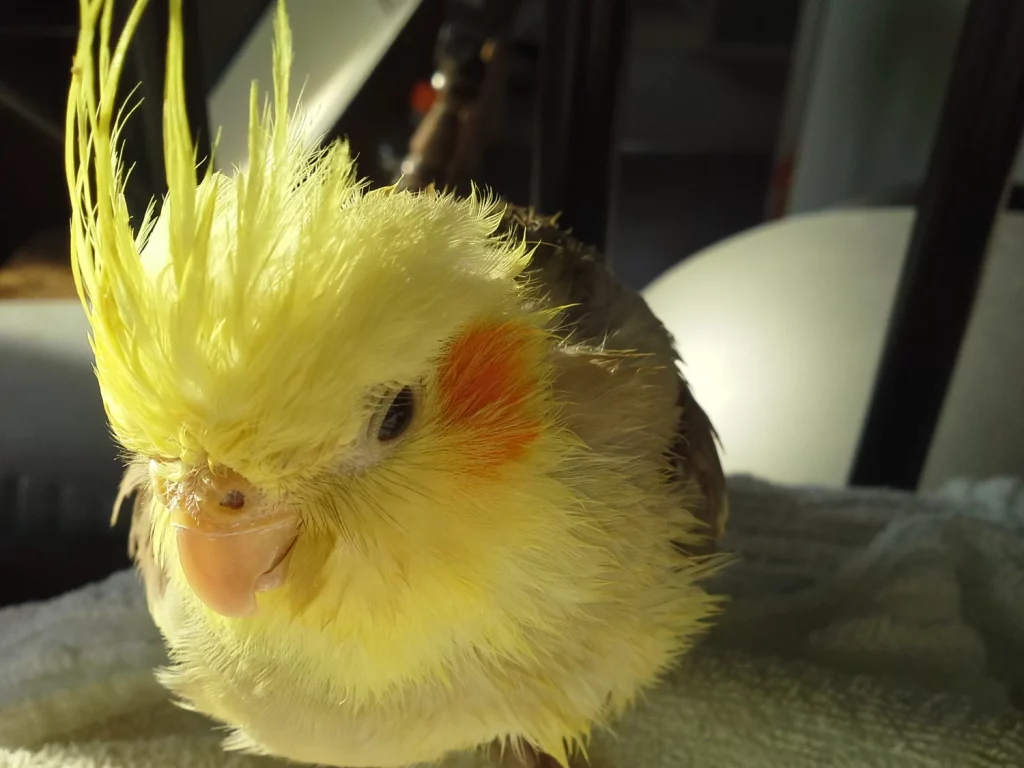
Vomiting or regurgitation
Cockatiels often hide their illness, so when you see that they are not eating or looking healthy it is time to go to the avian veterinarian. Watch for other signs of sickness like drooping wings, sleeping with one foot tucked under the wing or eyes closed and changing in their normal behavior.
Regurgitation is a common bird behavior used to feed offspring, mates or favorite people. It is also a way to clear the beak of seeds that have been chewed and not fully digested. However, when cockatiels are sick they sometimes make a head-bobbing, neck-stretching movement that looks more like vomiting than regurgitation.
Vomiting is not a sign of good health and is a clear indication that your pet needs to see an avian vet as soon as possible. The vet will be able to identify what is causing the bird to vomit so that it can be treated. This might require endoscopy to view the inside of the stomach and body cavity or a biopsy.
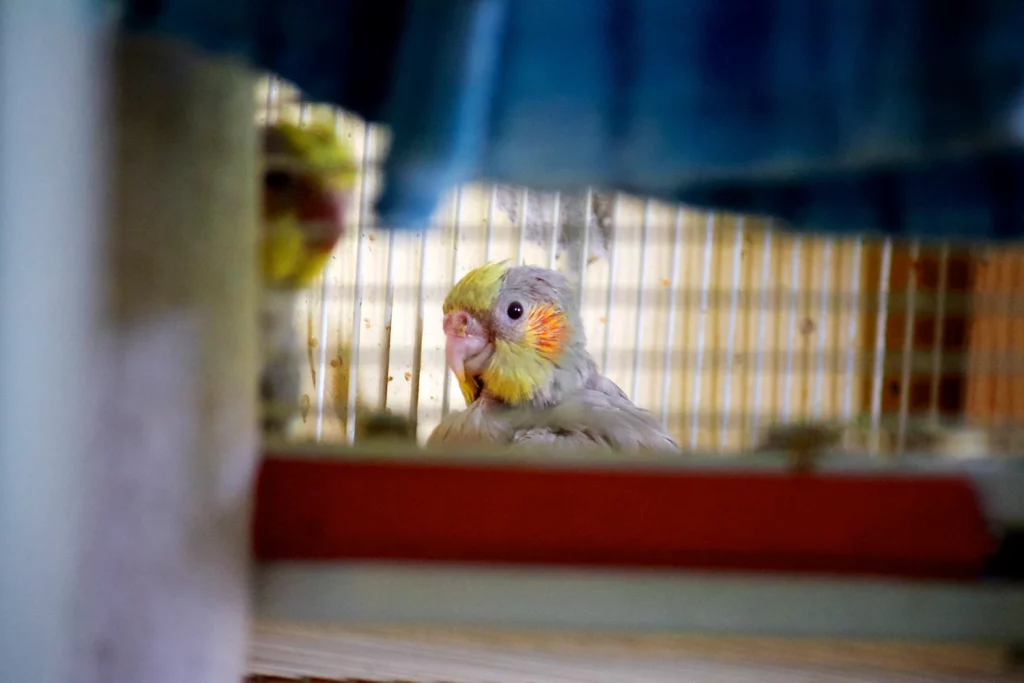
Loss of feathers
Cockatiels are very active birds that love to spend time out of their cage and playing with owners. They can get very sick very quickly, so it is important to watch them closely for signs of illness. These include: drooping wings, loss of appetite, vomiting or regurgitation, change in poop, feather plucking and change in behavior.
If your cockatiel is losing feathers or the feathers are fluffed up and untidy this is a sign of illness. This can be due to a variety of diseases such as Aspergillosis, Polyomavirus, Psittacine Beak and Feather Disease or other diseases that cause abnormal feather growth and development.
Reproductive problems can also be a big concern for cockatiels. Females that are egg bound will struggle to pass the egg over several hours or days and can become gravely ill from dehydration and the pressure of the egg on the kidney’s. They will appear weak and lethargic and may show aggression.
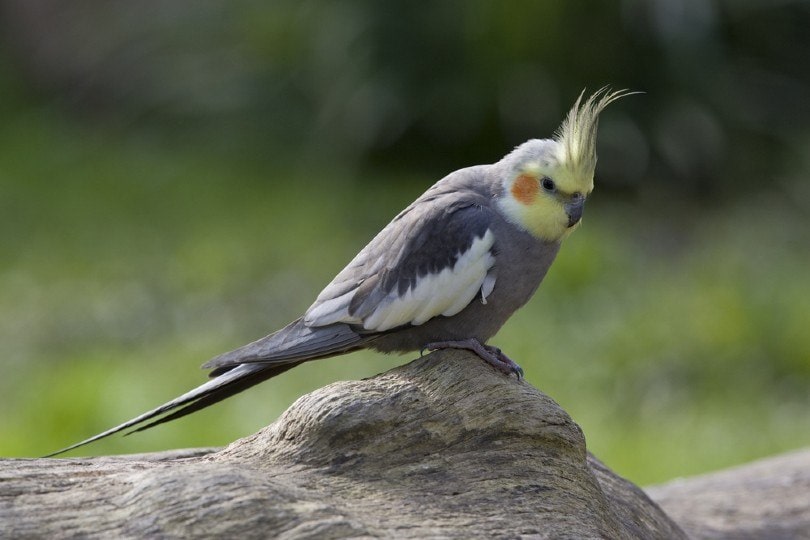
Change in behavior
Cockatiels typically are quite vocal birds, but if your bird becomes quiet for longer than usual, this is a good sign of illness. This may also be a sign that your bird has been moved to a new home and is stressed.
A sick cockatiel will usually hide his condition as much as possible, but it’s important to have a keen understanding of the animal’s normal behavior and habits in order to recognize abnormalities. Spend time with your cockatiel daily, and you’ll likely know right away if he is not feeling well.
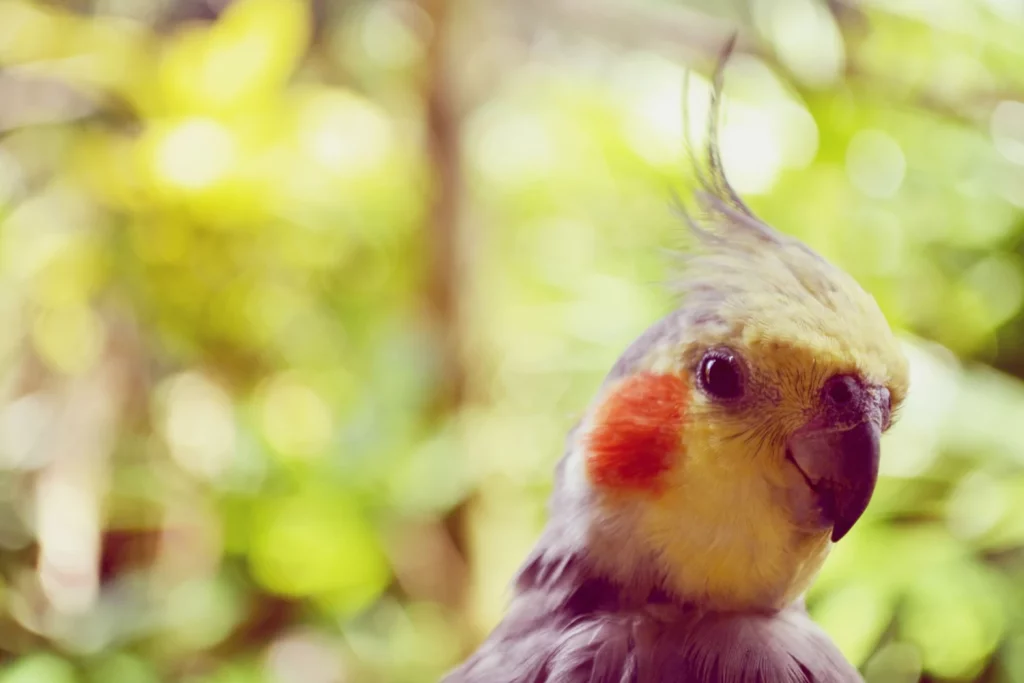
Keep your cockatiel comfortable during his recovery at home, while waiting for his appointment with the veterinarian. Offer him plenty of fresh water and a warm, draft-free environment. You can use a ceramic heat lamp to supplement one side of his cage with extra warmth; the bird will move closer or farther from it as necessary to maintain a stable body temperature. Keep a close eye on his feces to determine whether he is dehydrated, as well.

